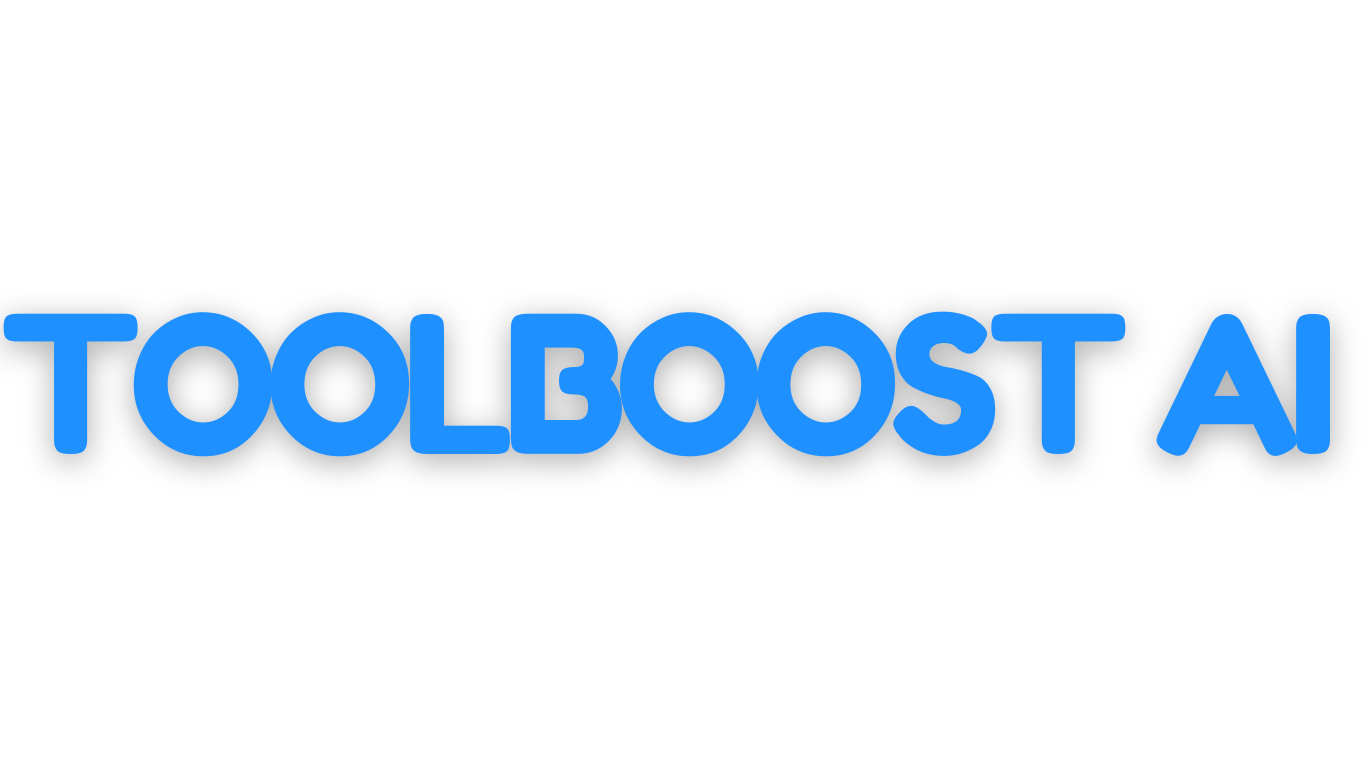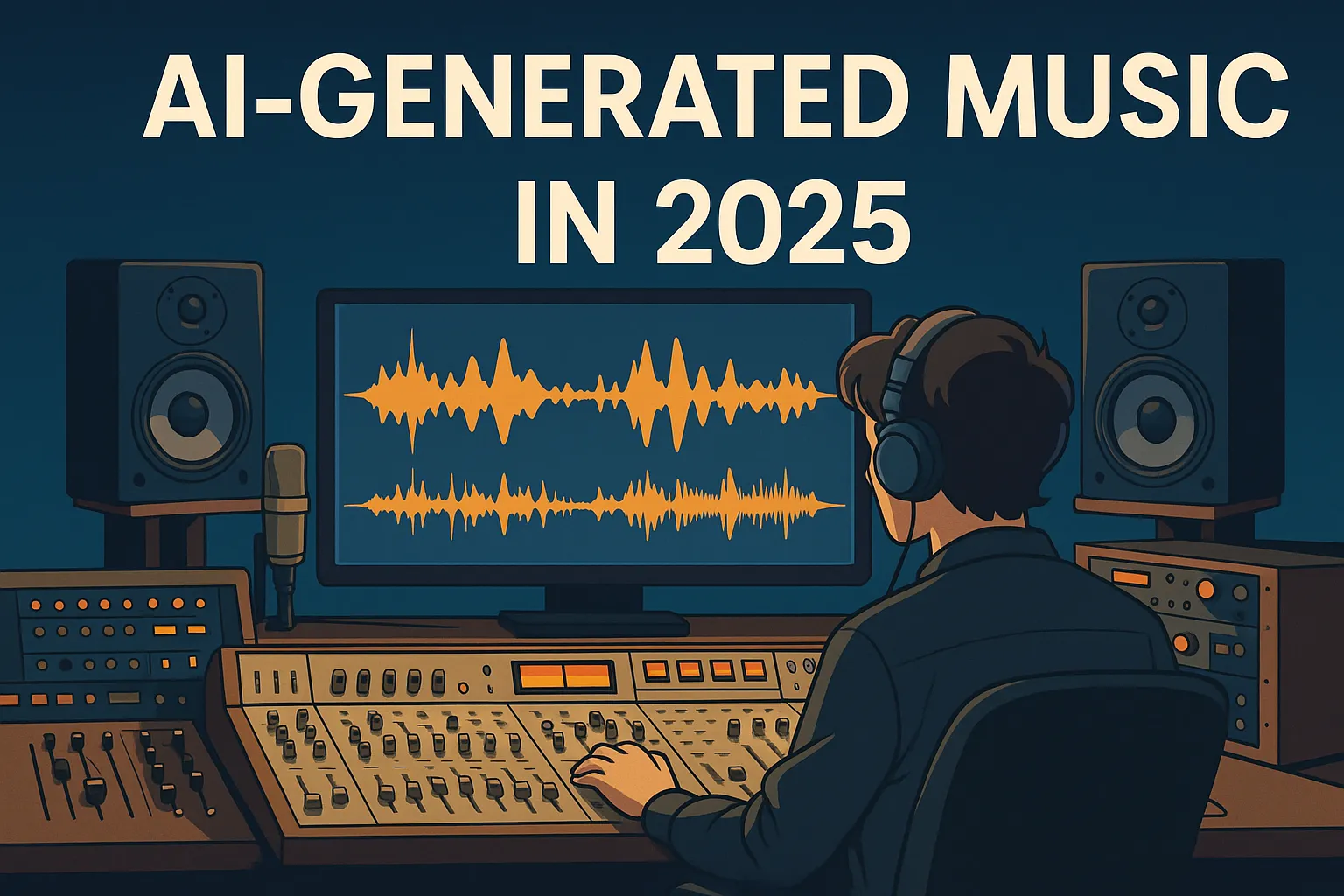Introduction
In 2025, artificial intelligence (AI) is revolutionizing the music industry. No longer limited to beat suggestions or mixing assistance, today’s AI can now compose, produce, and perform entire songs. With platforms like Suno, Udio, and YouTube’s Music AI Assistant, creators are crafting original compositions faster and more affordably than ever. At the same time, industry leaders are debating complex questions about ownership, copyright, and creative integrity.
This article explores the latest breakthroughs in AI-generated music, outlines key legal and ethical challenges, and analyzes what these shifts mean for musicians, tech developers, and fans worldwide.
Top AI Music Creation Tools in 2025
1. Suno AI V4 – Next-Gen Text-to-Music Generation
Suno AI leads the pack with its intuitive text-to-song capabilities. Launched in late 2023 and now in version 4, it can generate complete tracks—including lyrics, vocals, and instrumentals—just from a short prompt. The latest improvements bring high-quality vocals, richer harmonies, and smoother transitions.
Key Features:
- Instant song generation from text
- Studio-level sound quality
- Available via Microsoft Copilot
2. Udio – Ultra-Realistic Vocals and Remixes
Udio, built by ex-Google DeepMind engineers, debuted in April 2024. It creates high-fidelity tracks across genres, including pop, rock, and R&B. Its unique audio inpainting tool lets users rewrite parts of a song for precise edits and remixes.
Plans:
- Free: 600 generations/month
- Premium: Enhanced control, longer tracks, remix features
3. YouTube’s AI Music Assistant – Creator-Friendly Background Music
Beta-tested in 2025, YouTube’s Music AI Assistant auto-generates royalty-free music for creators. Input a mood or scenario (like “upbeat acoustic for travel vlog”), and it delivers a custom instrumental.
📌 Found in YouTube’s Creator Music tab.
🔗 The Verge Coverage
SEO Keywords: YouTube AI music generator, royalty-free AI music, AI background tracks
4. AIVA – AI for Cinematic and Classical Compositions
AIVA specializes in symphonic and cinematic scores, ideal for film, video games, and commercial use. Recognized by France’s SACEM, it offers licensed, royalty-clear tracks for professional projects.
Key Features:
- Genre templates (epic, romantic, jazz)
- Sheet music export
- Adjustable composition settings
5. Riffusion – Spectrogram-Driven Sound Creation
Riffusion uses visual spectrograms to generate sound, turning images into music. It excels in ambient, trance, and experimental genres, and is popular among indie creators and sound designers.
Legal and Ethical Shifts in AI Music
The ELVIS Act – Safeguarding Voices and Likenesses
Passed in March 2024 in Tennessee, the ELVIS Act (Ensuring Likeness Voice and Image Security) bans unauthorized use of AI to replicate a performer’s voice or appearance. It is the first U.S. law to directly address deepfake music and impersonation via AI.
📌 Applies to all synthetic content created without the subject’s consent
🔗 Wikipedia – ELVIS Act
Who Owns AI Music? – Copyright Challenges
With AI composing more songs, questions arise:
- Did AI models use copyrighted material during training?
- Who owns the output—the user or the platform?
- Should AI-generated music be clearly labeled?
In 2024, a global task force of publishers and rights organizations began drafting AI-specific licensing agreements to ensure fairness and transparency.
🔗 Forbes: AI’s Impact on Music Licensing
AI in Music Monetization and Branding
1. Automated Sync Licensing
Platforms like Amper Music and Songtradr now match AI music with ads, TV shows, and films using AI tagging, opening up new income channels for creators.
2. AI-Powered Merchandising
With tools like Printful and Teespring, musicians can use AI to design merch—album art, T-shirts, and promo assets—based on music-generated themes.
Industry-Wide Ethical Debates
Despite innovation, ethical questions loom:
- Loss of soul: Can AI replicate human emotion and experience?
- Job risk: Will session musicians and producers be displaced?
- Cultural flattening: Will global music begin to sound the same?
👉 The core dilemma: Does it matter who—or what—creates the music, as long as it moves us?
What Lies Ahead for AI and Music?
AI is transforming music from the ground up. Whether in generating beats, writing lyrics, or remixing classics, it’s now a permanent part of the creative ecosystem.
Key Takeaways:
- AI democratizes music creation
- Collaboration between humans and machines is the future
- Legal and ethical frameworks are evolving, but gaps remain
The future of music isn’t AI versus artists—it’s AI with artists.
FAQs – AI Music in 2025
Q1: Can AI create original music?
Yes. AI tools like Suno and Udio produce unique songs from text prompts.
Q2: Is AI music legal to use?
It depends. Most tools offer royalty-free licenses, but local laws (like the ELVIS Act) may apply.
Q3: Will AI replace musicians?
Not likely. AI augments creativity—it doesn’t replace human storytelling or performance.
Q4: What are the best AI music tools?
Top picks include Suno, Udio, AIVA, YouTube’s AI Assistant, and Riffusion.
Q5: How can artists make money from AI music?
Through sync licensing, streaming, or merch designed via AI platforms.

